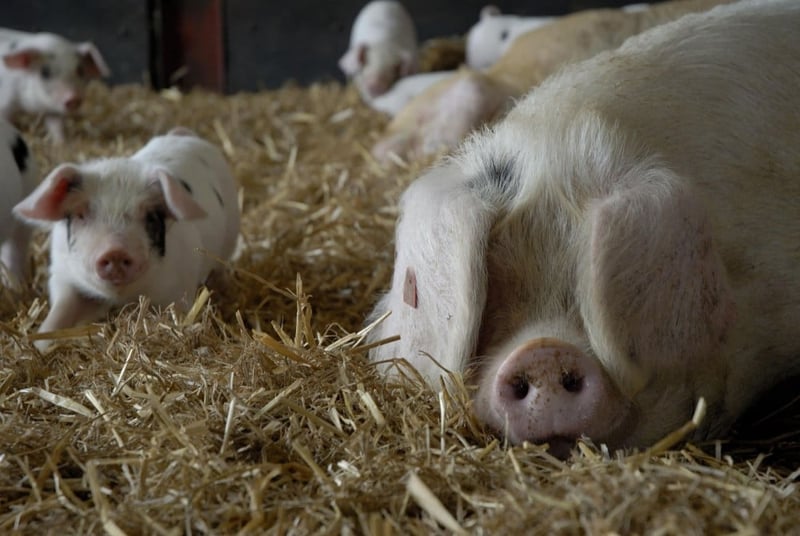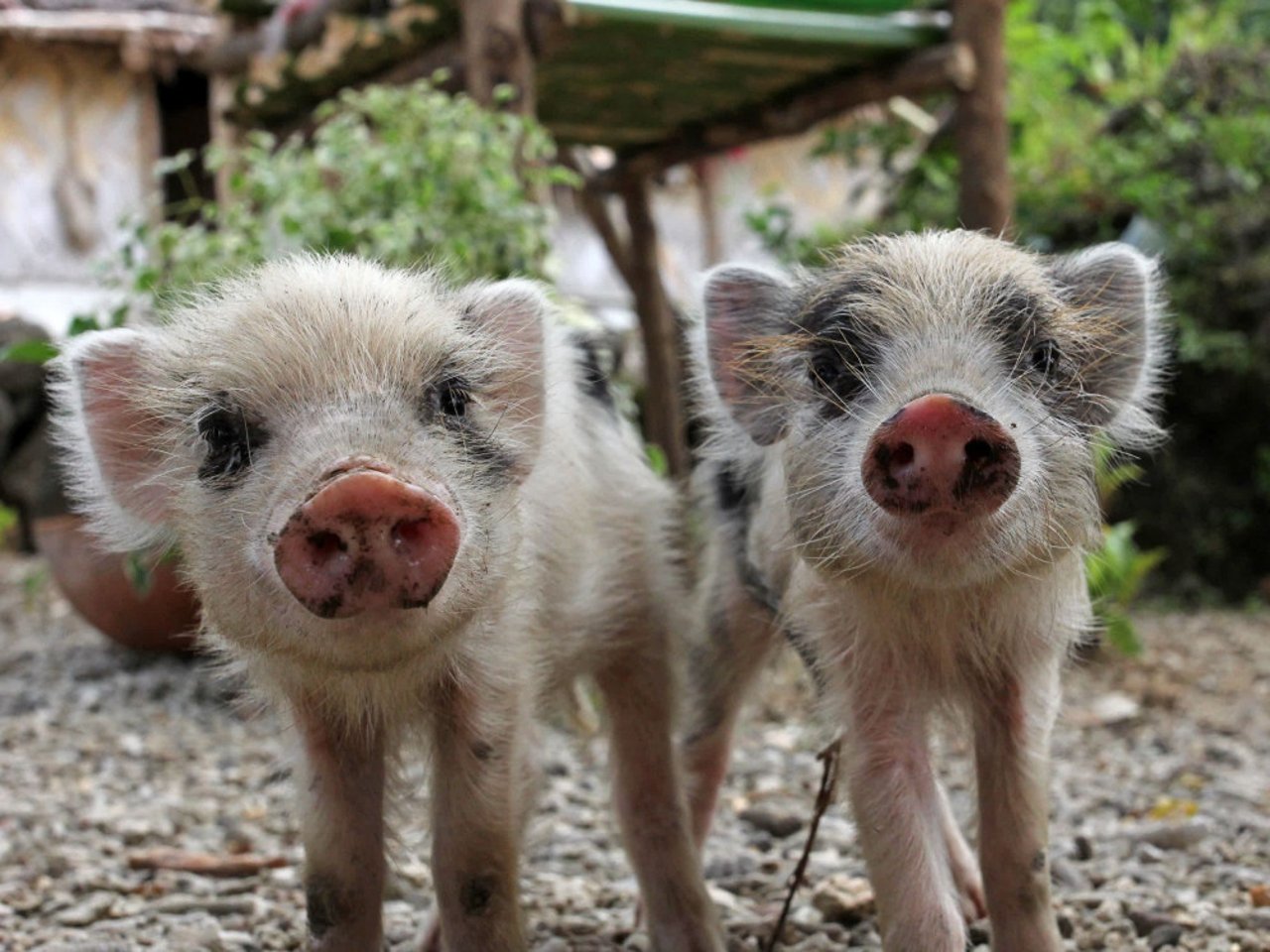
7 reasons why lab-grown meat will be better
News
Lab-grown meat, or “clean” meat, is meat that is produced by taking a small sample of animal cells and then replicating them outside of an animal. It is set to change the world and will be on supermarket shelves and restaurant tables in the very near future.
It tastes like meat, because it is meat– it is the exact same meat, just grown in a different way. Identical to conventional meat, but with zero animal cruelty, clean meat is healthier, produces far fewer greenhouse gas emissions and has many other advantages over conventional meat. Tempted? You should be.
1. Zero Animal Cruelty
Of the 70 billion animals farmed annually around the world, approximately 50 billion of them are factory farmed. These animals are treated more like cogs in a machine, than living, breathing, feeling animals. They endure short, miserable lives and are often crammed together in cages, crates or pens where they are unable to engage in natural behaviour. Many animals are even selectively bred to be fast growing; lameness, weakened or broken bones, infections and organ failure are all common place. Clean meat has the potential to end the suffering of billions of farm animals every year.
2. Less saturated fat means people will live longer
Clean meat will be better for us, as producers will be able to choose exactly how much fat should be included in each burger, sausage or steak. Clean meat producers may even be able to replace the saturated fatty acids with healthier alternatives such as omega-3 fatty acids. It’s possible we’ll soon see “no cholesterol” and “no saturated fats” varieties of popular foods on supermarket shelves.
3. Less antibiotic resistance could save people's lives
A world without effective antibiotics is a terrifying prospect that could mean millions of people will die from what are currently minor health issues. The overuse of antibiotics in farming has been highlighted as one of the biggest emerging threats to human health, as we build up resistance to vital drugs. Essentially many common infections will no longer have a cure and will, once again, kill in huge numbers as they did hundreds of years ago. If antibiotics lost their effectiveness it would spell the end to modern medicine. Clean meat requires zero antibiotics.
4. No growth hormones
Cows in countries such as the United States and Canada are given hormones to make them grow larger and produce more milk than they would naturally. These hormones are banned in Europe as scientists are worried these hormones could pose health risks to people. Clean meat requires zero growth hormones.
5. No bacterial contamination
Many nasty foodborne such as salmonella and E. coli live in animals’ intestines and are spread through their faeces. The process of slaughtering animals and preparing meat can lead to contamination. E. coli infections can cause severe stomach cramps, vomiting and diarrhoea. As clean meat won’t produce faeces, people will be able to eat cruelty-free hamburgers, without worrying about bacterial infections.
6. It will eventually be cheaper than conventional meat
Clean meat is currently incredibly expensive to produce at over $2000 for a single pound of meat - people won’t pay $500 plus for a quarter pounder. We shouldn’t be too worried though – prototypes of anything, whether it be cars, mobile phones or plasma televisions are always incredibly expensive before becoming very affordable. When the first clean meat burger was created a few years ago, it cost more than 300,000 dollars. So, there’s already been a massive cost reduction, which is set to continue as clean meat companies work out how they can scale up production. Prices should eventually be comparable to conventional meat.
7. Global hunger could be reduced
Today, almost 11% of the planet’s 7.5 billion people suffer from undernourishment of which 821 million suffer from chronic hunger. If we can’t feed everyone now, it’s vital that we take drastic action. Clean meat requires 99 per cent less land and five times less water. Clean meat could allow many more people across the globe to access high quality meat at a sustainably lower environmental cost.
Find out more about our work to end factory farming and see how you can help.
Clean meat has the potential to end the suffering of billions of farm animals every year.
